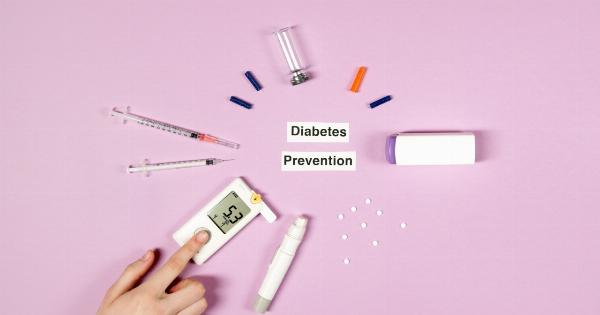If you have an upcoming surgery scheduled, it is essential to gather as much information as possible to ensure you are well-prepared.
Asking the right questions can help ease any concerns or uncertainties you may have, and provide you with peace of mind. Below, we have compiled a list of important questions to ask your healthcare provider before your surgery.
1. What is the purpose of the surgery?
Understanding the purpose of your surgery is crucial in helping you comprehend why it is necessary. Knowing the objectives and desired outcomes can give you a better understanding of the potential benefits and risks involved.
2. What are the potential risks and complications?
Every surgical procedure comes with certain risks and potential complications. Asking about these risks can help you make an informed decision about your surgery.
Ensure you understand both the common risks and any specific risks that may be associated with your personal medical history.
3. What are the alternative treatment options?
It’s essential to inquire about the possible alternatives to surgery.
In some cases, non-surgical options may be available, and it is important to discuss these alternatives with your healthcare provider to make an informed decision about your treatment plan.
4. What happens if I choose not to have the surgery?
Understanding the potential consequences of not proceeding with the recommended surgery is crucial.
Ask your healthcare provider about the long-term implications and possible complications of choosing not to have the surgery, and consider your options carefully.
5. How long will the surgery take, and how long is the expected recovery time?
Having an idea of the duration of the surgery and the estimated recovery time can help you plan accordingly.
Knowing how much time you might need off work or if you would require assistance during your recovery is essential for making arrangements in advance.
6. What type of anesthesia will be used?
Discuss the type of anesthesia that will be administered during your surgery. Find out if it will be general anesthesia, local anesthesia, or a regional block.
Understanding how the anesthesia will work and its potential side effects can help alleviate any anxiety or concerns you may have.
7. Can you explain the surgical procedure in detail?
Ask your healthcare provider to explain the surgical procedure to you in layman’s terms. Understanding what will happen during the surgery can help alleviate fears and uncertainties.
Don’t hesitate to ask any questions if something is not clear to you.
8. Will I need any special preparations before the surgery?
Inquire about any specific preparations you need to make before the surgery. This might include fasting guidelines before the procedure, medications to avoid, or any necessary preoperative tests.
Knowing what to expect beforehand can help ensure a smoother process.
9. What post-operative care will be required?
Discuss the post-operative care instructions with your healthcare provider. Inquire about wound care, medications, physical activity restrictions, and any lifestyle changes you may need to make during your recovery period.
Understanding the aftercare process can help promote a successful recovery.
10. Are there any potential long-term effects or lifestyle changes to consider?
Some surgical procedures may have long-term effects or require lifestyle changes. Ask your healthcare provider about any potential long-term effects, such as mobility limitations or dietary modifications.
Understanding these aspects can help you prepare mentally and physically for any necessary adjustments.
Conclusion
Asking the right questions before your upcoming surgery is vital for ensuring you are well-informed and mentally prepared.
Remember, your healthcare provider is there to guide and support you throughout the process, so don’t hesitate to ask any additional questions or voice any concerns you may have.




























